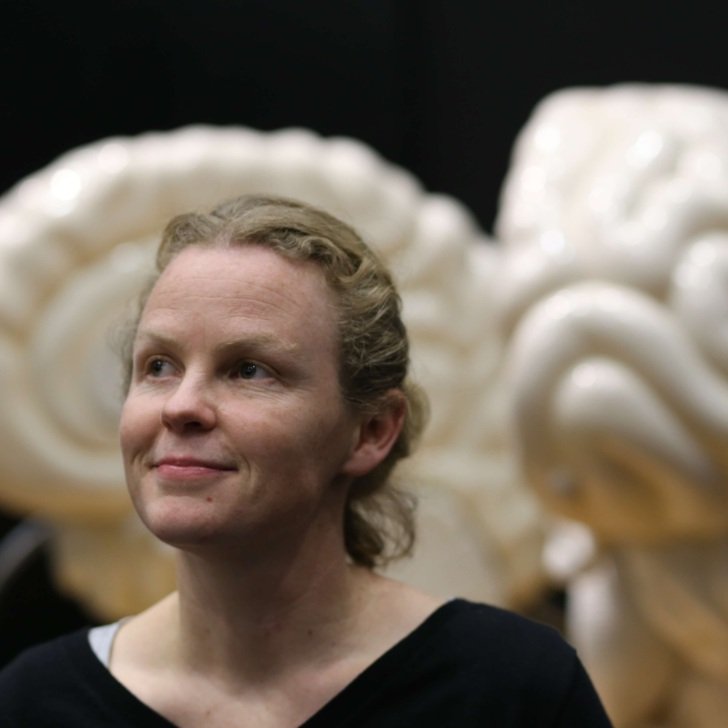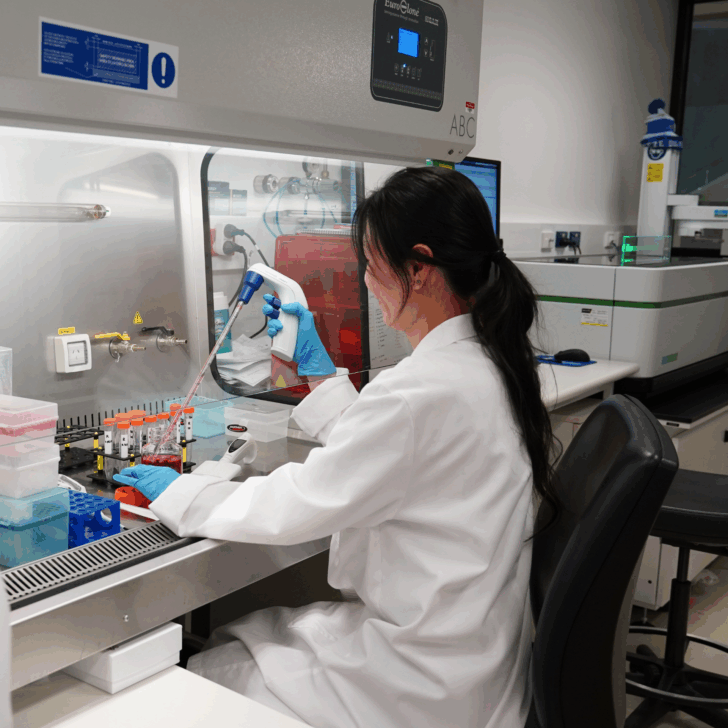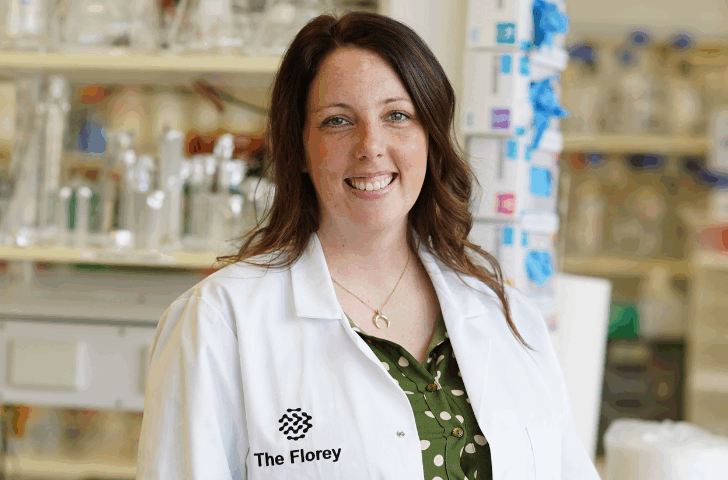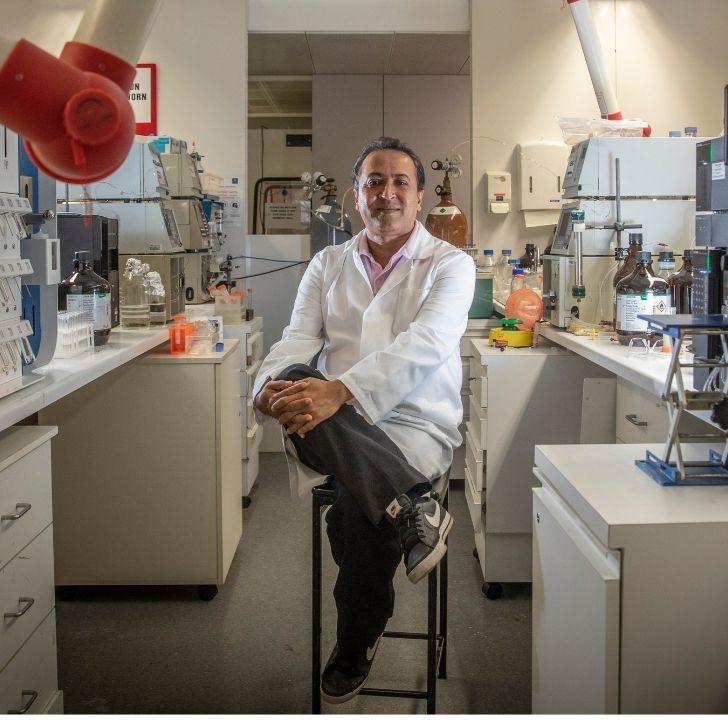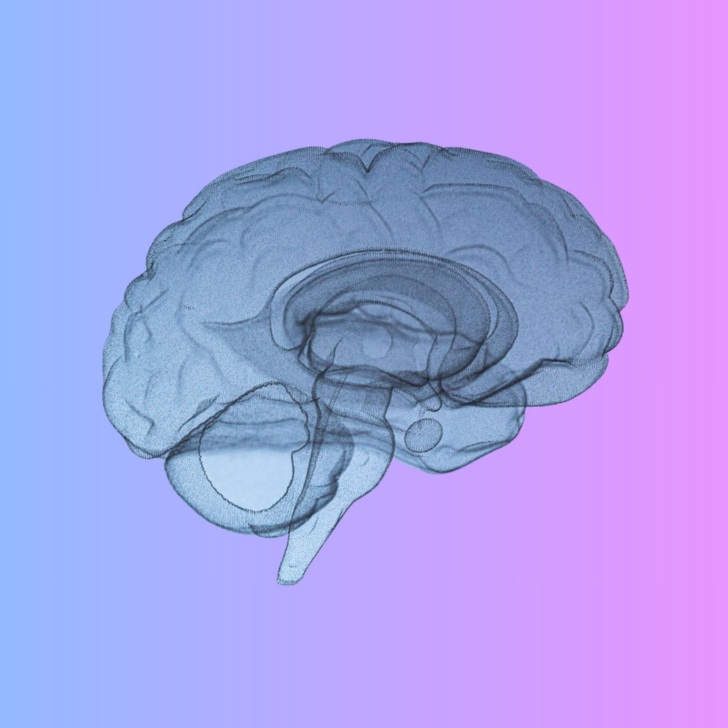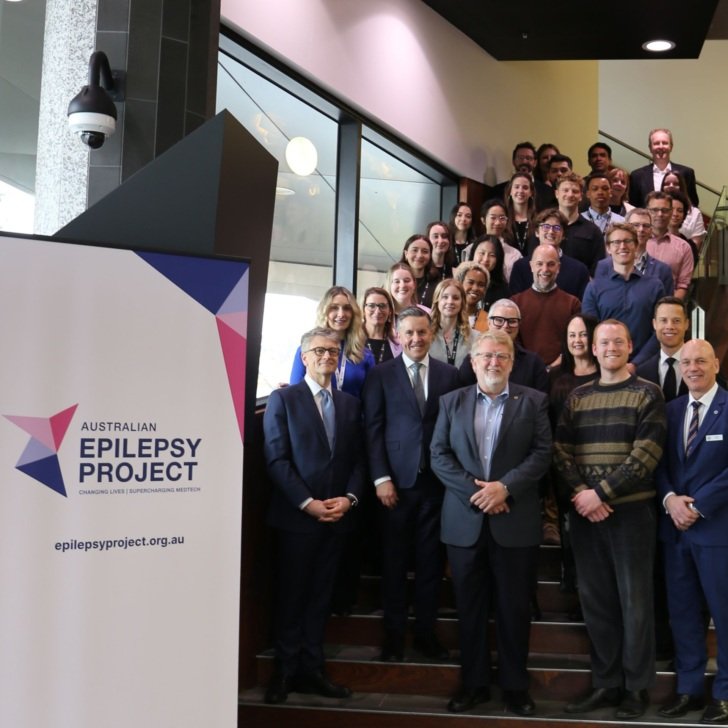- World Brain Day is observed every year on 22 July by the World Federation of Neurology.
- The theme of this year’s World Brain Day is ‘Brain Health and Prevention’.
- Professor Anthony Hannan of The Florey’s Epigenetics and Neural Plasticity Group discusses 4 key ways to improve brain health.
Keeping a healthy brain
The human brain is the most extraordinary and complex object in the known universe, a kilogram-and-a-half of soft tissue that, at its peak, leaves computers behind with its endless capacity for problem-solving, innovation and invention.
If the body is a ‘temple’, then surely the brain must be the ‘high altar’ as it generates all of our thoughts, feelings and movements. Indeed, it is fundamental to all of our conscious experience.
Brain diseases such as Huntington’s, Alzheimer’s and other forms of dementia demonstrate how devastating it is when the brain degenerates, dragging the mind and its many wonderful capacities down with it.
It’s time we all focused more on this most important organ, to improve brain health throughout our lives.

First: Stay physically active
This is an obvious idea, however, not everyone realises that physical activity is not only good for the body, it also boosts brain health.
There are many ways this could occur, as the brain and body are in constant, dynamic communication. Muscles release beneficial molecules that reach the brain, and exercise also stimulates the heart and other body systems that can beneficially impact the brain. Enhanced physical activity may stimulate the generation of new brain cells and connections.
Evidence is growing that such healthy lifestyle choices may help protect against Alzheimer’s, depression and other brain disorders.
Second: Stay mentally active
Two cardinal rules of brain plasticity are ‘use it’ or lose it’ and ‘neurons that fire together wire together’. People who maintain higher levels of cognitive activity may, in fact, be protected from Alzheimer’s and other forms of dementia.
Cognitive stimulation may help build a ‘brain reserve’ to protect from, and compensate for, the brain ageing.
So what mentally stimulating activities could you do? Every person would know the things they find to be interesting or challenging. Making positive lifestyle choices that can be maintained for months and years are more likely to lead to long-term benefits.

Third: Eat a healthy diet
Most of the nutrients from food circulate through your brain via the bloodstream. So a healthy diet can directly improve the health of brain cells and may even slow down brain ageing.
What’s more, by improving body health, the brain may benefit via the heart and cardiovascular system, as well as the immune system, that impact on the nervous system.
Read also: Huntington’s disease families may benefit from a high-fibre diet
Fourth: Manage your stress levels
Seldom do we need the stress response (‘fight or flight’) that protected cave dwellers thousands of years ago.
Excessive chronic stress may be toxic for the brain. which is loaded with sensitive ‘stress receptors’.
Stress-reducing strategies such as mindfulness and meditation are increasingly popular. Other lifestyle choices, such as a good diet, plenty of physical activity, as well as healthy sleep patterns, may also contribute to resilience.
Take-home message
The phrase ‘mens sana in corpore sano’ (a sound mind in a sound body) is thousands of years old, so the concept is clearly not new.
The good news is that we can all do something to improve the health of our brains and bodies.
Each of us is dealt a genetic deck of cards at conception that we can do nothing about. Through development and adulthood, our genes interact constantly with environmental factors to regulate how our brains and bodies function, as well as dysfunction when they put us at risk of specific diseases.
With a positive mental attitude supporting a healthy lifestyle, we may be able to maintain soundness of body and mind for as long as possible. And hopefully, brain research at the Florey and elsewhere will deliver new treatments for devastating disorders such as Alzheimer’s disease and other forms of dementia.

